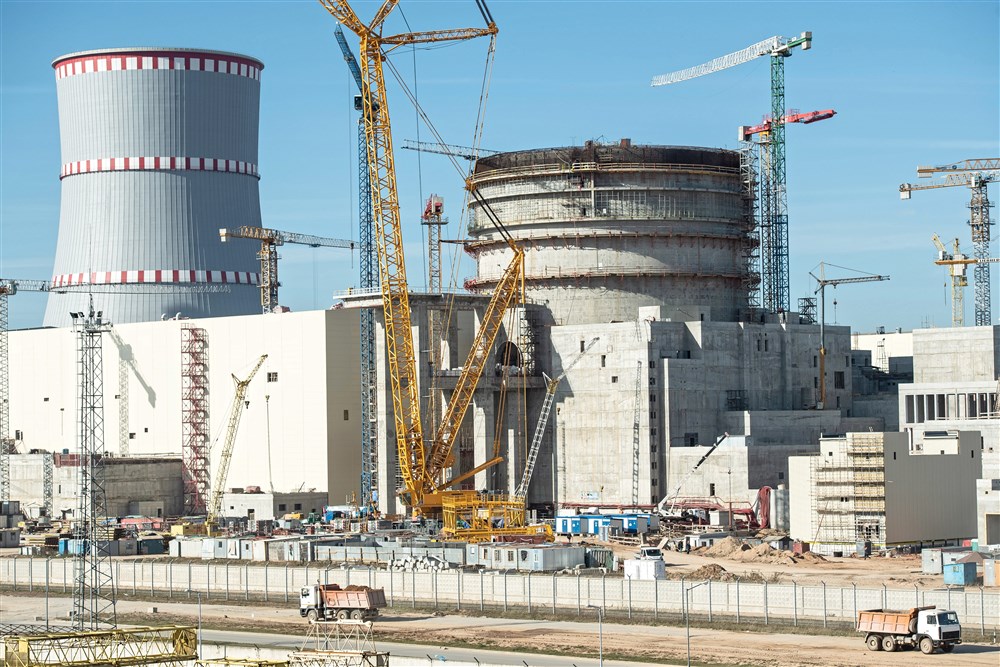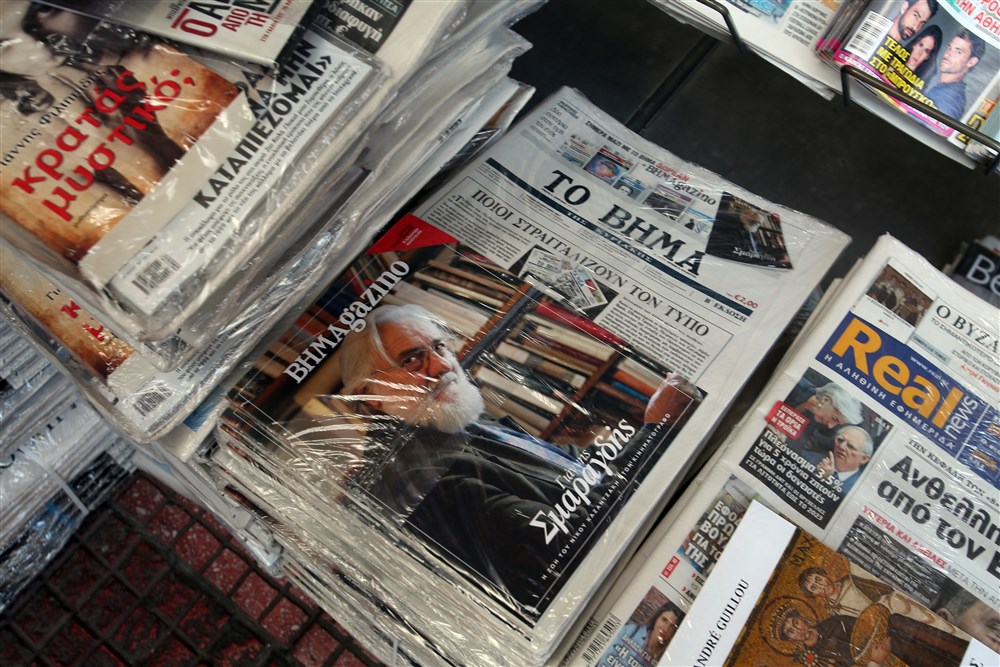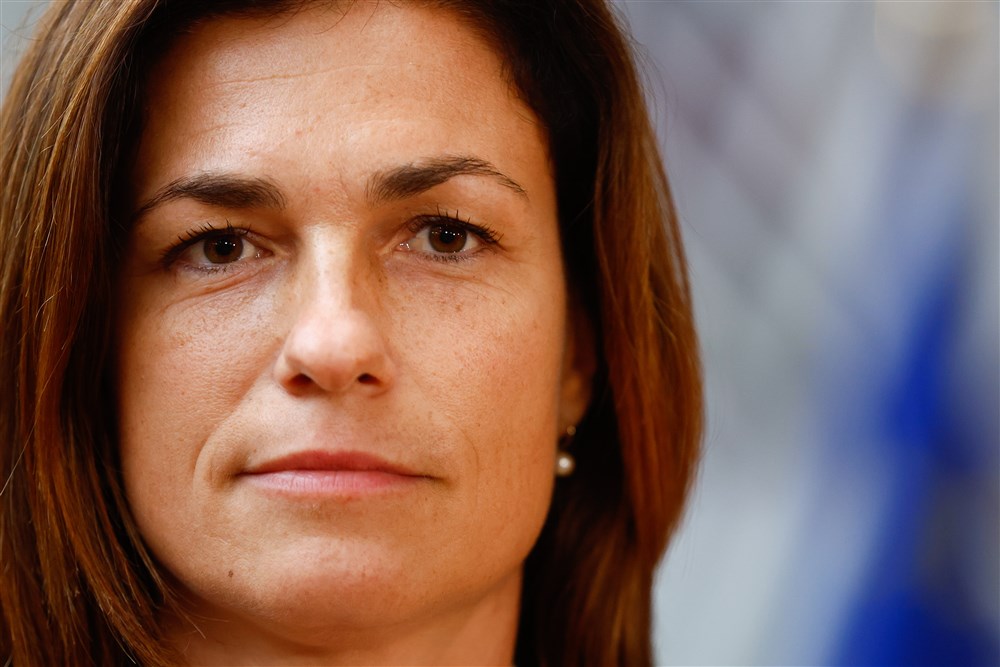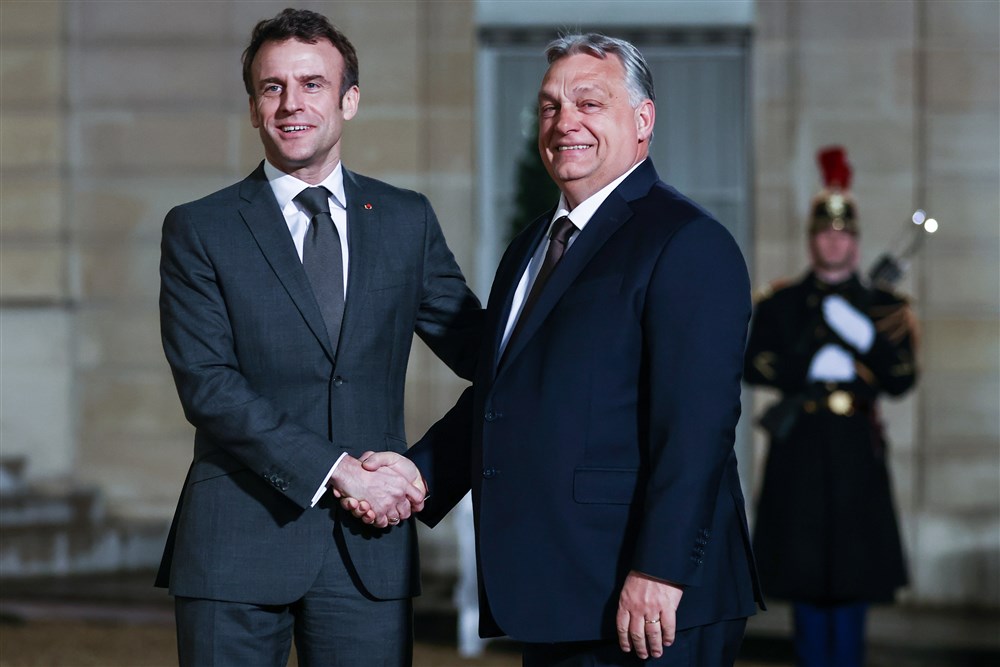Western sanctions against Russia have triggered large-scale evasion, according to Wopke Hoekstra, the Dutch Minister of Foreign Affairs.
While sanctions led by the EU are reportedly “hurting the Russians like hell”, there is at the same time evasion “on a massive scale”, the minister said.
Talking to students at the College of Europe in Bruges, Mr Hoekstra said the EU has “too little capacity” to analyse, coordinate, and promote sanctions, of which there have been ten packages.
The solution, he said, was to set up a sanctions “headquarters” in Brussels where Member States can “pool information” and “fight circumvention by third countries”. Those circumventing sanctions would then be named, shamed, sanctioned, and, if possible, prosecuted.
International trade is often convoluted, and those allegedly circumventing sanctions have resorted to complex shell companies in order to avoid detection. Euractiv reports today on an alleged Belarus fertiliser sanction-busting scheme unveiled by an investigation by journalists.
There is growing debate on the effectiveness of Russia sanctions. Hungary has spoken out against them and Bulgaria seems to be ignoring them, or at least not implementing them, according to media reports.
“Western sanctions didn’t stop the war. Were they worth it?” asks Politico, also today. EU diplomats began talking about “sanctions fatigue” just a month after the invasion. Their effect is “nuanced” and the Russian economy, which did contract last year, is actually forecast to grow in 2023. “A huge number of firms have left, imports have collapsed,” Maria Demertzis of the Bruegel think thank told the website. “But the GDP is not -15 [per cent], as some had hoped in the beginning.”
Sanctions aimed at Russia’s oil and gas exports have turbo-charged the so-called “dark fleet” of tankers that now avoids Europe and concentrates on shipping crude and products to Asia. This fleet could already be close to 10 per cent of the total world fleet. The term “dark” is also a misnomer, in that in many cases the trade is completely legal; sanctions only apply to trade with the West or trade involving EU-owned and EU-flagged vessels.
The effect of sanctions on public opinion in Russia is also not exactly what law-makers had in mind, as a backlash against Putin and his government has failed to materialise.
Sanctions supporters, on the other hand, say the measures need time to work.
One country with a long experience of sanctions, implemented via both the EU and the United Nations, is Iran. Thousands marched through the streets of Brussels on February 20 to demand they be ramped up. EU national governments are debating whether to list Iran’s Revolutionary Guard as a terrorist organisation.





